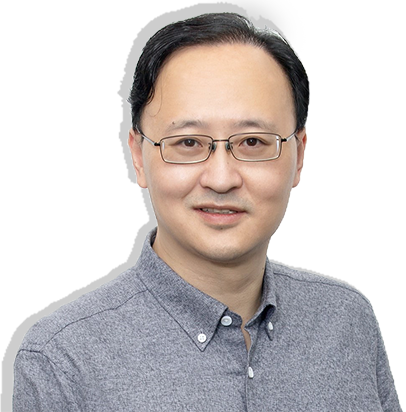
Chair's Message
Brain as universe, neurons as stars; in their dance, consciousness awakens.
Our Milky Way harbors roughly 100 billion stars. Since the dawn of Homo sapiens, approximately 100 billion humans have walked this Earth. Within each human brain reside some 100 billion neurons—their firing patterns mirror stellar light, and from this cosmic choreography, our consciousness springs forth.
From crude stone tools to primitive cuneiform, from early scripts to today's digital media—knowledge accumulates, civilization endures. Aristotle distinguished three forms of knowledge: first comes experience, the know-how without the know-why. Second emerges techne—practical wisdom that grasps both process and principle, born from experience yet transcending it through systematic understanding. Third stands pure knowledge, seemingly useless, existing for its own sake. This final category Aristotle named science.
History
On April 10, 2024, Tsinghua University established the Department of Psychological and Cognitive Sciences. The newly established Department of Psychological and Cognitive Sciences at Tsinghua University is based on the disciplinary development positioning of "psychology as foundation, promoting integration of humanities and sciences; cognition as distinctive feature, strengthening the combination of science and engineering," and builds psychology disciplines according to two major research directions: Cognition and Intelligence, and Social and Health. The Cognition and Intelligence direction addresses fundamental psychological questions such as the origins of consciousness and the essence of intelligence through the combination of science and engineering. The Social and Health direction creates psychological health theoretical frameworks with Chinese cultural characteristics and ideological contributions through the integration of humanities and sciences, and develops intelligent psychological disorder diagnosis and intervention solutions based on brain cognition technology.



Tel:010-62788812
Address:Ziqiang Science & Technology Building, Tsinghua University, Haidian District, Beijing, China
Code:100084
Copyright © 2002 - 2025 Department of Psychological and Cognitive Sciences,Tsinghua University